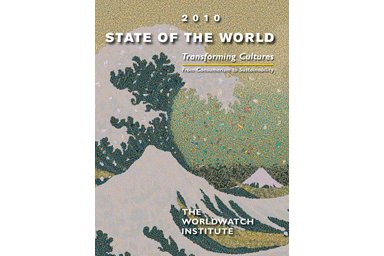Solutions to global warming based on the logic of the market are a threat to the rights and way of life of indigenous peoples, the Latin American Indigenous Forum on Climate Change concluded this week in Costa Rica.
Solutions to global warming based on the logic of the market are a threat to (…)
CLIMATE CHANGE: Native Peoples Reject Market Mechanisms
By Daniel Zueras

